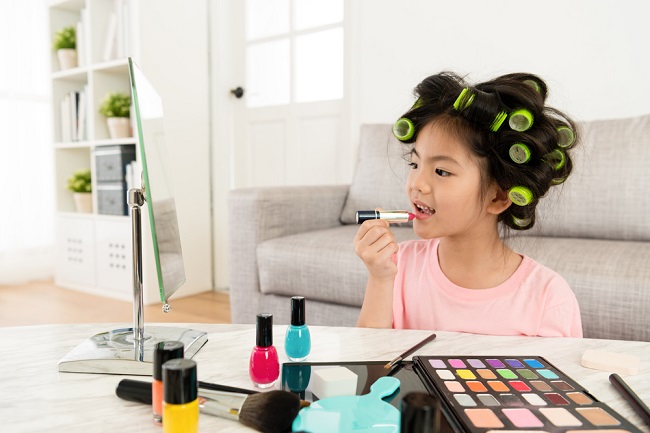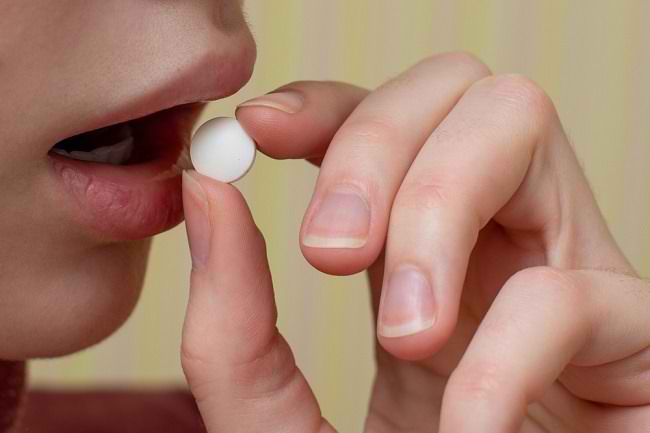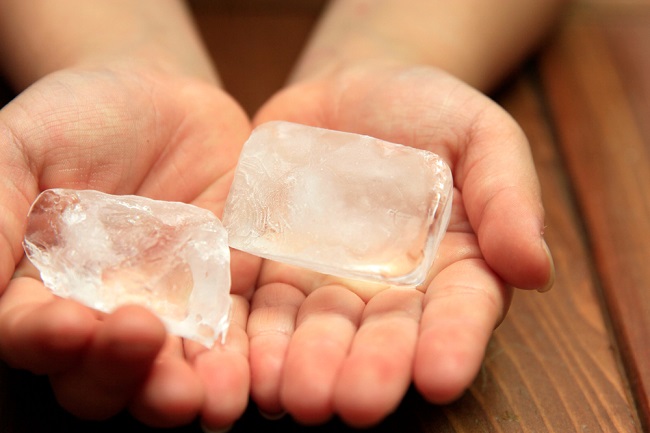Everything about the Little One will certainly be the center of attention of Mom and Dad. now, so as not to be surprised or confused, come onLet's take a look at a number of conditions that seem normal in adults, but are normal in newborns.
After staying in the womb for approximately 9 months, newborns will need time to adapt to the outside world. In this adaptation process, Mother and Father may find their own uniqueness in the Little One's body, such as dry and crusty skin, to changes in the color of the stool or feces.

5 Unique Facts about Newborns
Before Mom and Dad panic because they see various things in their little ones, here are some unique facts about newborns that you need to know:
1. Dry or crusty skin
Dry and peeling skin is normal for newborns. Just imagine, your little one is in a liquid for 9 months before being exposed to outside air. Meanwhile, at this time the entire surface of the skin is no longer moistened by amniotic fluid, even facing the outside air and wind. Even so, this condition will usually disappear by itself within 1 month.
However, you can still relieve it by applying a special moisturizing lotion for babies, and keeping your little one always hydrated or having enough fluids by breastfeeding them regularly.
In addition, some babies also experience crusty skin on their heads, resembling dandruff. You can clean this crust slowly with a soft-toothed comb.
2. The color of the stool and the frequency of the bowel movements are changing
The baby's first stool is generally greenish black and this is normal. This stool, called meconium, is made up of fluid, as well as everything else that the baby digested while still in the womb. Uniquely, this stool does not smell because it does not contain bacteria.
Along with breastfeeding, the color of the stool will change from green to yellow. These changes are common, so you don't have to worry.
The color of the stool will begin to resemble that of an adult, which is yellow-brown to dark brown, when your little one starts consuming complementary foods (MPASI).
Apart from color, you don't need to be confused if your little one doesn't have a clear bowel movement frequency. He may defecate 3 or more times per day, but it can also be less frequent, for example only once a day or once a week.
These peculiarities occur because the baby's stomach is still small and its digestion is still developing. But if your little one's stool is very watery up to more than 5 times a day, it is advisable to take him to the doctor, because the baby may get diarrhea.
3. Protruding breasts and erect penis
It is normal for baby boys and girls to have breasts that look protruding, and can even secrete milk. This happens because of the influence of the mother's exposure to the hormone estrogen during pregnancy, but it doesn't need to be suppressed. yes.
Generally the condition of the breast will return to normal in a few weeks. In baby girls, hormonal influences also sometimes cause them to experience light menstruation for a few days.
In a baby boy, you may also find that his penis can get an erection before he urinates. This is also common yes, Mother.
4. Swollen cock
The genitals of both male (penis and testes) and female (vaginal labia) babies can swell after birth. This condition occurs due to the influence of hormones during pregnancy, fluid buildup in the womb, and tissue injury that occurs when the baby's body is born.
Even so, this swelling will disappear in a few days as your little one urinates. If the swelling doesn't go away after 3 months, you should take your little one to the doctor for proper advice.
5. Cry without tears
Crying is the baby's way of communicating with the mother. However, in newborns, crying may not be accompanied by tears.
This condition occurs because the tear glands are not fully developed and are only sufficient to moisten the eye. Your little one will only shed tears when they cry, when they reach the age of 1-3 months.
Not only that, babies can't even laugh when they're born. Although he can form a smile curve with his lips, your little one can generally only laugh when they reach the age of 3-4 months.
In addition to the various unique facts above, Mom and Dad may also find your little one often sneezing, snoring, and even looks like a squint in the early days of his life. These things include the way babies adapt to new environments. Even so, if you feel very worried or see your little one uncomfortable, immediately consult a pediatrician.









